
Stories of Grassroots Mental Health Care
We believe that some of the most effective and powerful mental health care grows from within communities, from the grassroots up. Across the world there are organisations responding to the needs of their community by developing innovative, creative models of care, drawing on local expertise and often reaching populations with little access to services. That's why Ember's focus is on supporting and strengthening grassroots innovation in global mental health.
Published on May 16, 2019
Stories of Grassroots Mental Health Care
We believe that some of the most effective and powerful mental health care grows from within communities, from the grassroots up. Across the world there are organisations responding to the needs of their community by developing innovative, creative models of care, drawing on local expertise and often reaching populations with little access to services. That's why Ember's focus is on supporting and strengthening grassroots innovation in global mental health.
Published on May 16, 2019

We believe that some of the most effective and powerful mental health care grows from within communities, from the grassroots up. Across the world there are organisations responding to the needs of their community by developing innovative, creative models of care, drawing on local expertise and often reaching populations with little access to services. That's why Ember's focus is on supporting and strengthening grassroots innovation in global mental health.
To mark Mental Health Awareness Week, we have gathered reflections from a variety of people working in this area, in different parts of the world and in different ways. We asked them to reflect on their work and why grassroots voices matter.
Tebogo Konkobe, The SHM Foundation, South Africa:
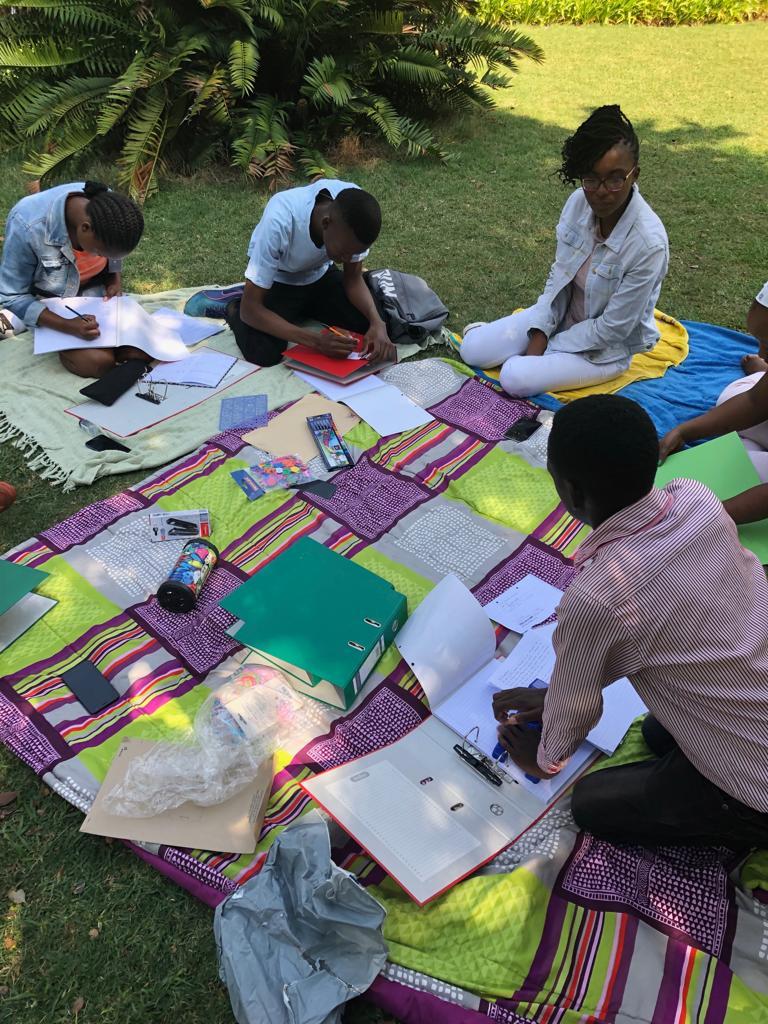
My work has taught me that empowering young people living with HIV - and putting them in the forefront to empower other young people like them in a community with limited psychosocial services - means creating youthful interventions that start with them; that let them design interventions that are well suited for them and their peers in communities that they understand.
Catherine Wilks, CEO, Designs in Mind, United Kingdom:
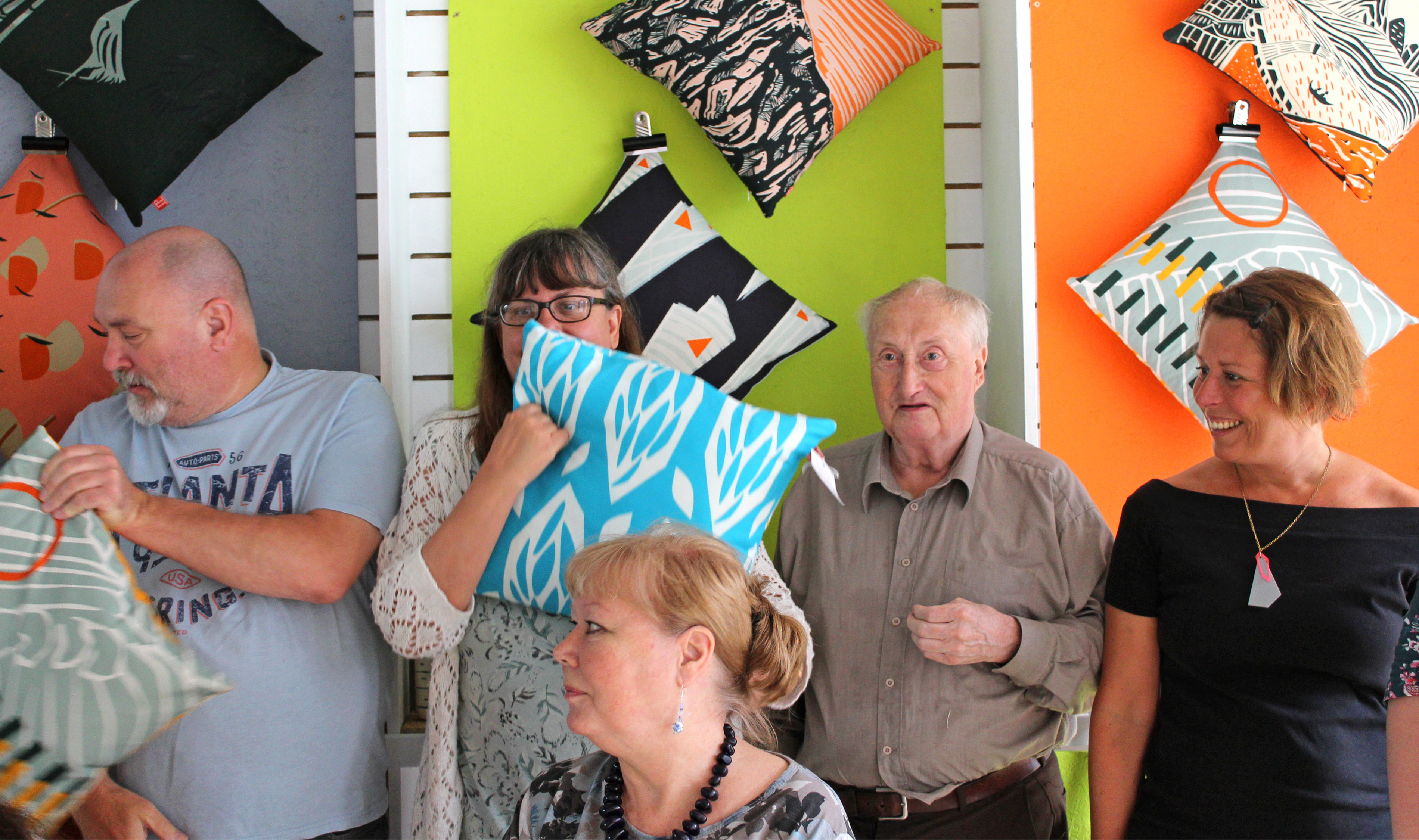
What does it mean to be grassroots? It means we’re there. When people ask for help they need to know it will be there. We’re alongside. People want to know they are not alone. We’re a community. It’s dynamic and varied, everyone contributes and you won’t be asked to leave. We challenge stigma and exceed expectations. Anyone can be involved in decision making, ideas are valued and together we make them happen.
Winnie Chelagat, MAMA, Kenya:
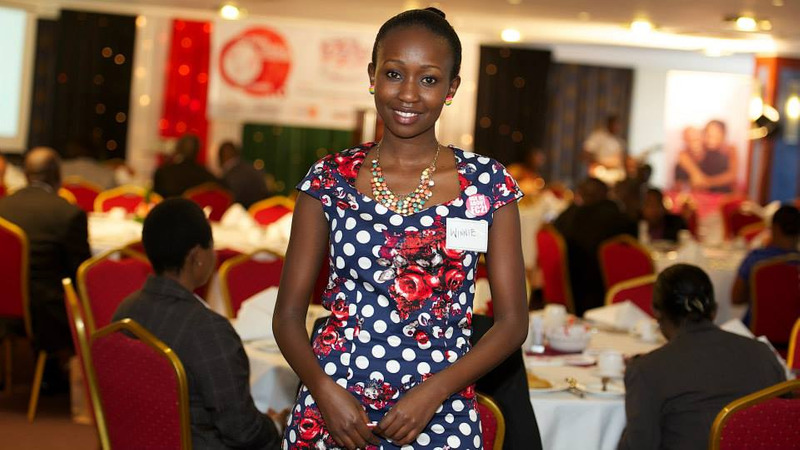
I work with marginalized communities in Kenya. In the communities I’ve worked in, it’s apparent that there’s a huge gap when it comes to mental health. There are still a lot of myths and misconceptions surrounding mental health, evidenced by the fact that there are still no words in local languages to describe different mental health issues. If we do not even have a name for it, how do we begin to understand it?
Rose Dowling, Director, Leaders Unlocked, United Kingdom:

A grassroots mental health intervention recognises the expertise and power of the people affected by the issue. It allows them to exert agency in a system, instead of being the passive recipients of a system that is driven by others.
Nathaly Carnally, Holacode’s, Wellness Coach, Mexico:
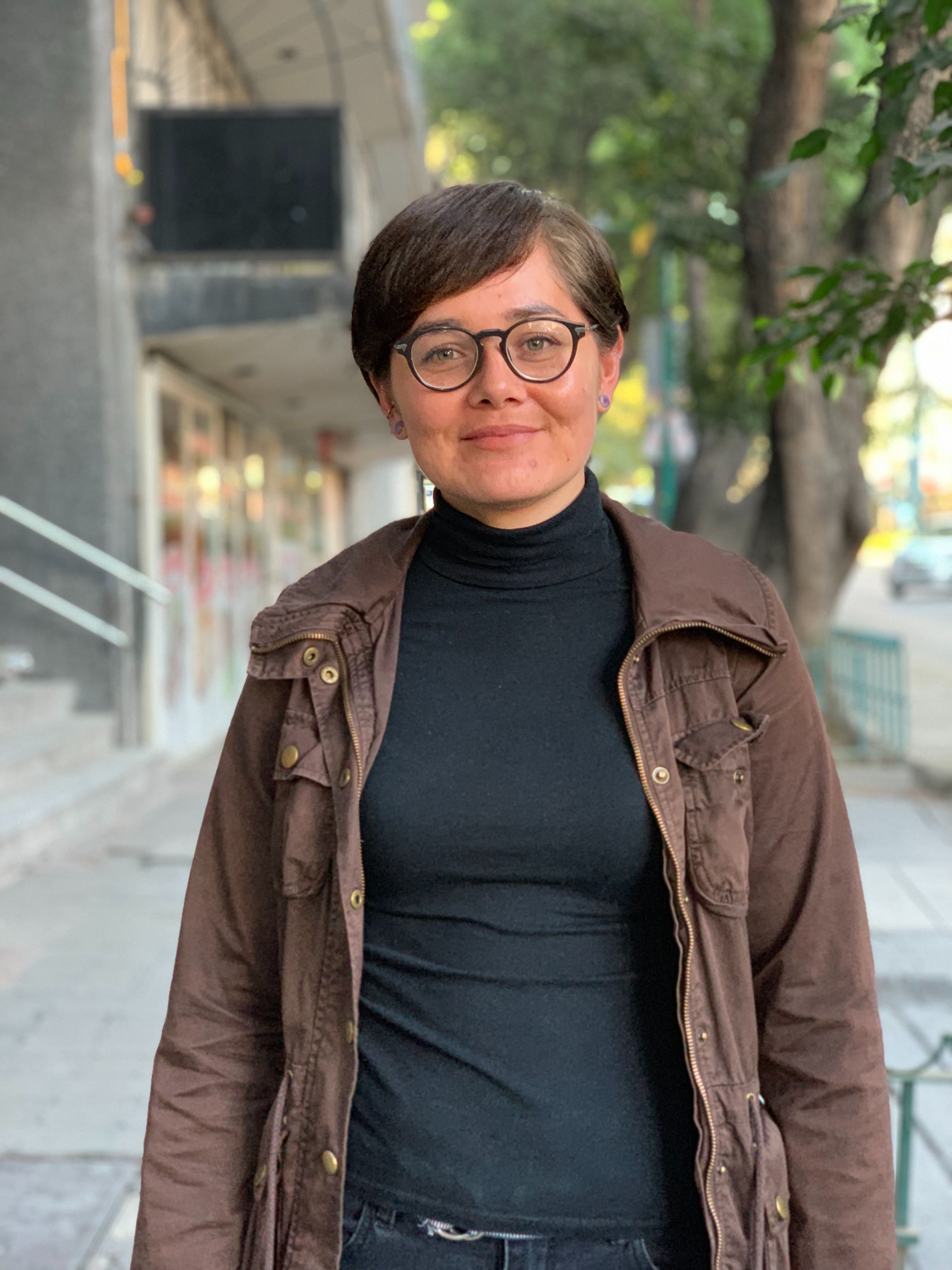
Mental health in returned migrant communities is an oft-neglected area. It's approached as merely an issue of integration, reintegration or assimilation and we often fail to recognize the individual struggles that come with the whole process. I'd invite mental health practitioners and people in general to be warm and welcoming to the migrants in their communities: strengthening the social fabric is our shared responsibility.
Rachael Levett, Recovery College, United kingdom:
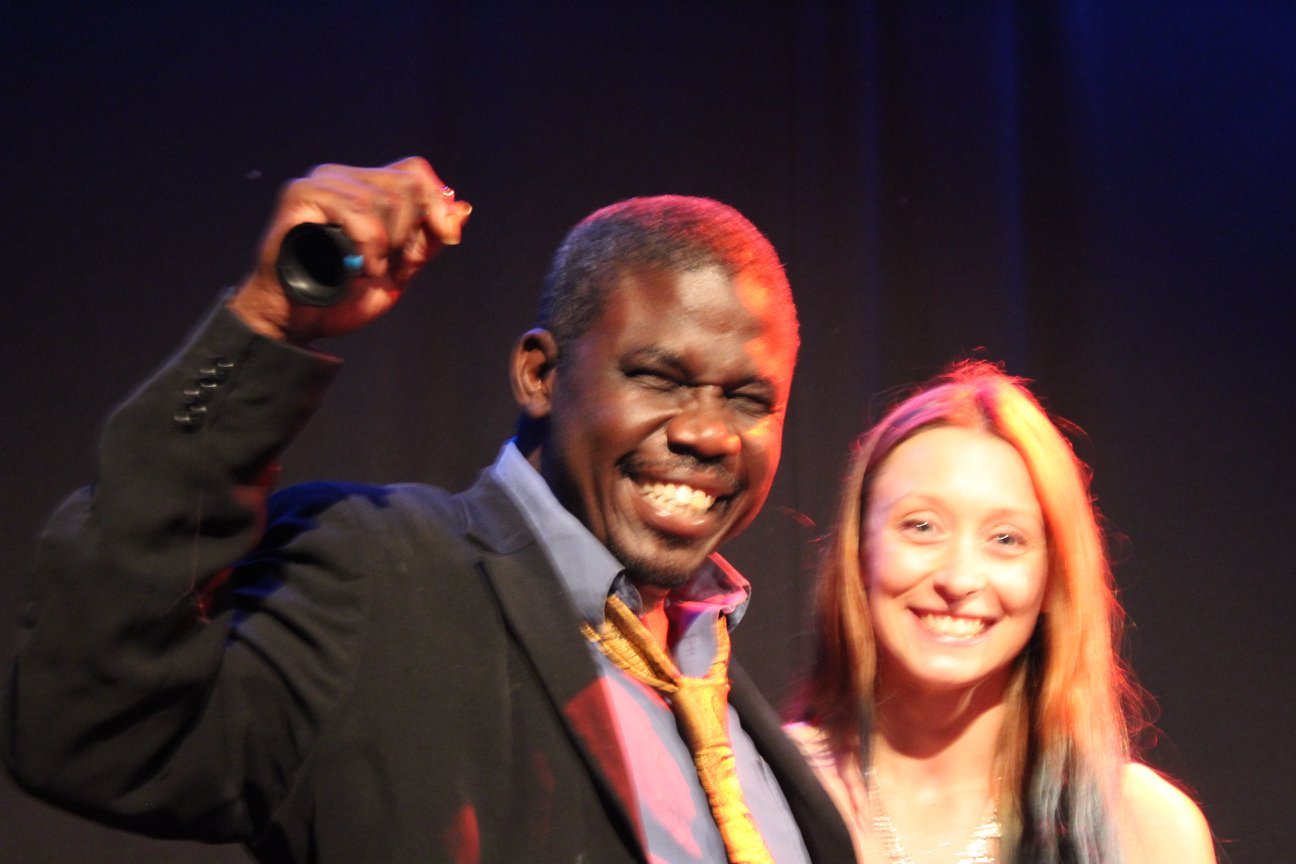
At the service I manage in Hackney, we offer a community and an environment safe from stigma and discrimination so people can grow in confidence and be a human again, not just a diagnosis.
Published on: 16-05-2019

Contact Us

Have a challenge you think we could help with? A project you'd like us to collaborate on?
Just want to say hi? Reach out - we love meeting new people